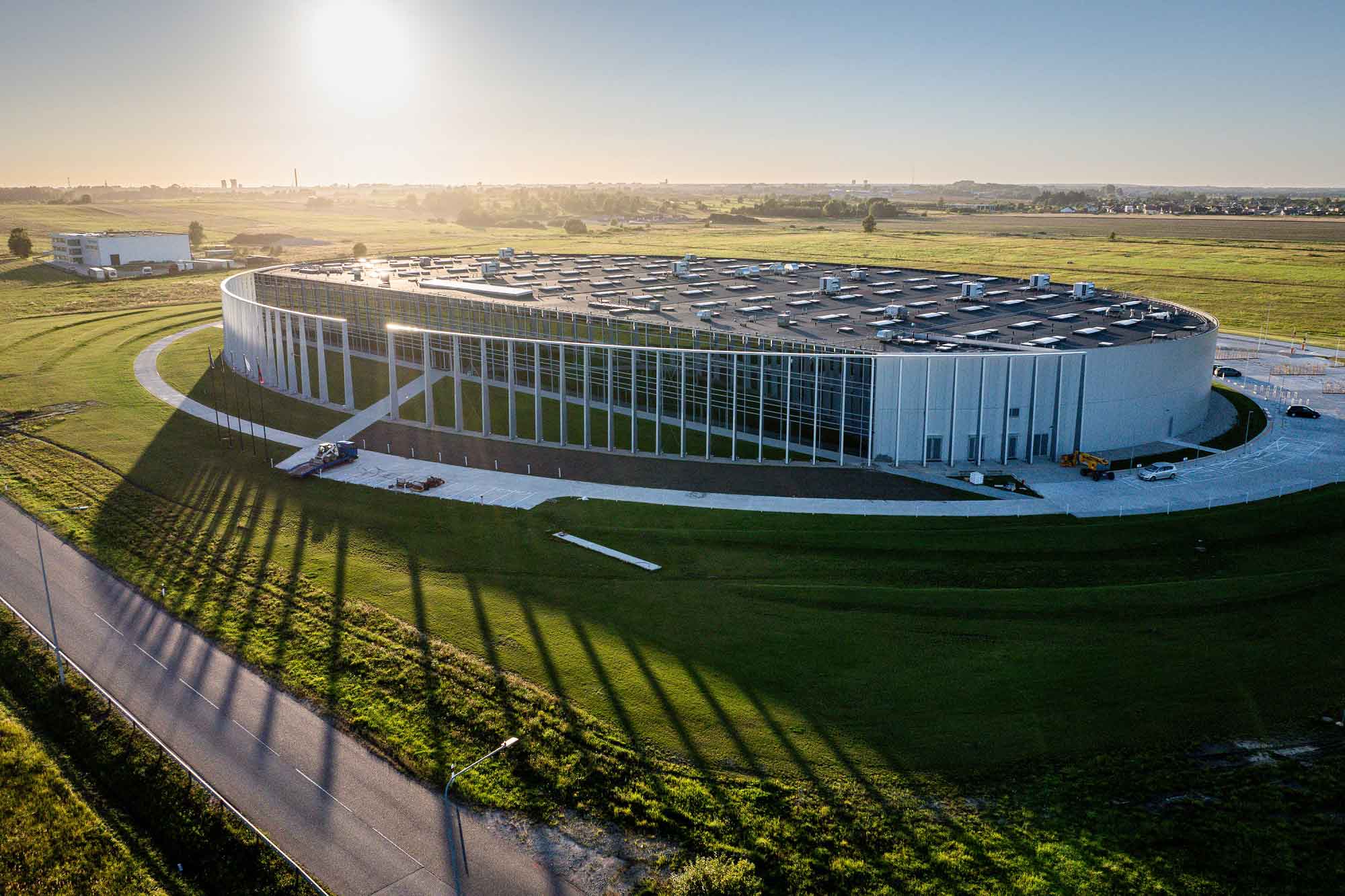What is worth negotiating when renting an office today?

The large supply of new office space in Vilnius keeps rental prices stable, but also encourages more active negotiations between the parties. However, in long-term lease relationships, the most important thing is to balance mutual interests. Especially as the practical value is often determined not only by the price, but also by other aspects of the contract, such as flexibility, terms or additional conditions.
In the office market, it has been said for some time now that the scales of power are tipping towards the tenant. Last year, base rents in Class A and B business centres rose by around 2%.
Currently, monthly rents in Class A business centres are up to EUR 16-20/sqm, in new, exclusive projects they are as high as EUR 21-23/sqm, and in Class B business centres the prevailing rents are EUR 10-15/sqm.
In 2025-2026, more than 100 thousand sqm of usable office space will reach the market. Despite the continuing economic growth, office rental growth is currently constrained by the large supply of vacant space, the ongoing transformation of tele-hybrid working, conservative business expectations and geopolitical reasons.
The tenant’s market would seem to be a good time to renegotiate the terms of an existing office lease or look for new premises. However, experience shows that the office market is cyclical and that asset managers will remember both the pressure they faced and the collaborative approach of the tenant. Business centre owners generally have limited scope to reduce the price due to commitments to lenders to maintain rental levels, but it is always possible to negotiate other aspects of the lease that are less visible, leading to concrete benefits.
One favourable condition is the cost of furnishing or refurbishing an office — business centres can offer new tenants their own investment in furnishing or adapting the space to their needs. In the newest business centres, this amount typically ranges from EUR 250 to 425 per sqm.
However, if the tenant agrees to a lower investment by the business centre, they can negotiate better terms, such as a lower rent, shorter and more flexible lease terms, no rent payment during the fit-out period and other favourable conditions. Conversely, a higher-than-usual investment by the landlord in fitting out a particular tenant’s premises may result in longer lease terms (the current standard minimum term is 3–5 years), a higher deposit, higher penalties for terminating the lease before its expiry, and sometimes an additional surety bond, etc.
It is worth noting the possibility of terminating the contract before the end of the rental period. While most business centres take the position that leases are non-cancellable, obliging tenants to pay rent and related payments for the entire term of the lease, even if there is no activity on the premises, there are cases where such a clause becomes a serious constraint. However, in practice, such a clause can pose a serious problem in cases of decreasing demand for office space or when companies seek to optimise rental costs, for example. In such cases, subletting unused space to another tenant can help. According to our calculations, such space in Vilnius currently exceeds 10,000 sq m. It is true that, even if termination of the contract is agreed upon before the scheduled time, landlords will still seek compensation for lost income, fitting-out costs, and the cost of finding a new tenant.
The inflation spike in 2022 has also highlighted the issue of rent indexation. Depending on the indexation rate, which can be as high as 8%, rents have risen by between 5% and 25% at the beginning of 2023. Consequently, lease contracts currently often include maximum price indexation limits of 4–6%. Other negotiating options may include indexation based on the harmonised (‘European’) consumer price index (which is usually slightly lower), indexation more than one year after the start of the lease, setting a specific indexation percentage regardless of inflation, or setting minimum indexation floors (usually up to 2%), even in the case of zero or negative inflation. While the parties may not agree on everything, these are realistic negotiating positions that can create long-term value.
Finally, one of the most pressing issues for tenants is the availability of parking spaces for employees and guests. Tenants are often willing to pay a higher price for a parking space just to ensure they have the required number of spaces nearby. In business centres, tenants are usually allocated one parking space for every 30–70 sqm of rented office space. In the city centre, such a space costs an average of EUR 75–150 per month.
While parking spaces are not the main subject of lease negotiations, both parties should pay attention to the conditions and solutions. Good practice is to provide tenants with additional temporary parking spaces where available, with flexible termination conditions and an agreed notice period. This strikes a balance between the needs of existing tenants and the business centre’s ability to optimally allocate infrastructure to new tenants.
Therefore, irrespective of the market cycle, lease agreements that clearly define key terms and scenarios will prevent disputes and misinterpretations in the future and help build a trusting, cooperative relationship that creates long-term value. Negotiation and bargaining are not only about price per square metre; quality compromises over longer periods can be mutually beneficial.
Latest news
 All news
All news

Rising house prices are not…
Edita Juočytė, Investment and Analysis Project Manager at Ober-Haus The…

Rising house prices are not…
Edita Juočytė, Investment and Analysis Project Manager at Ober-Haus The…

Lithuania’s investment transaction market has…
VMG TECHNICS building, company photo Following an unsuccessful 2024, the…
 All news
All news